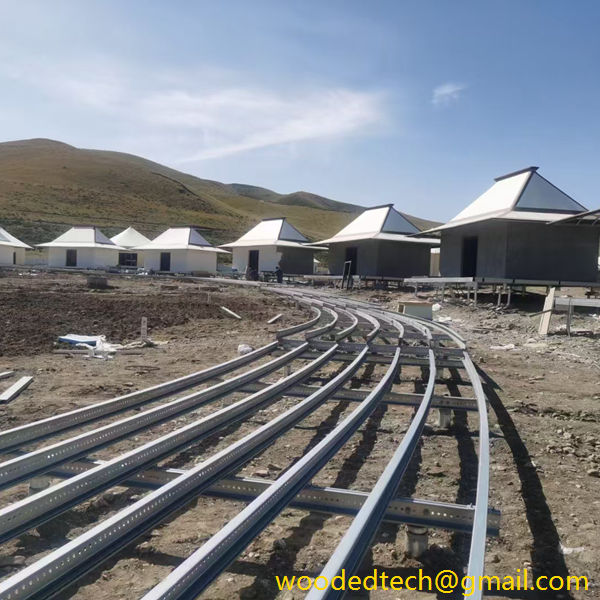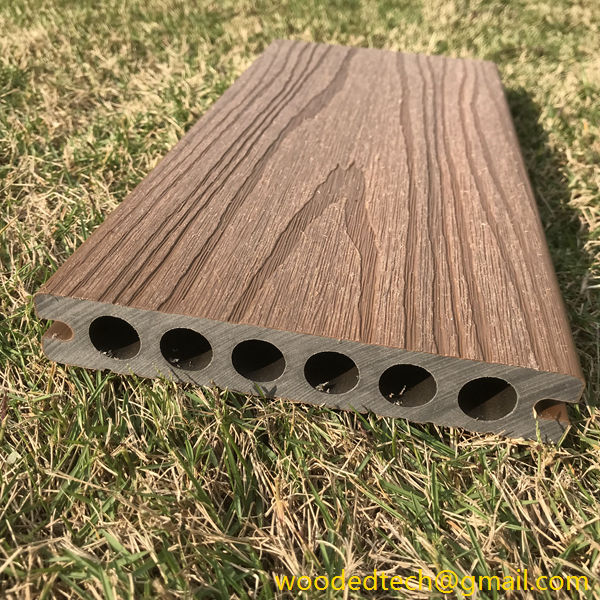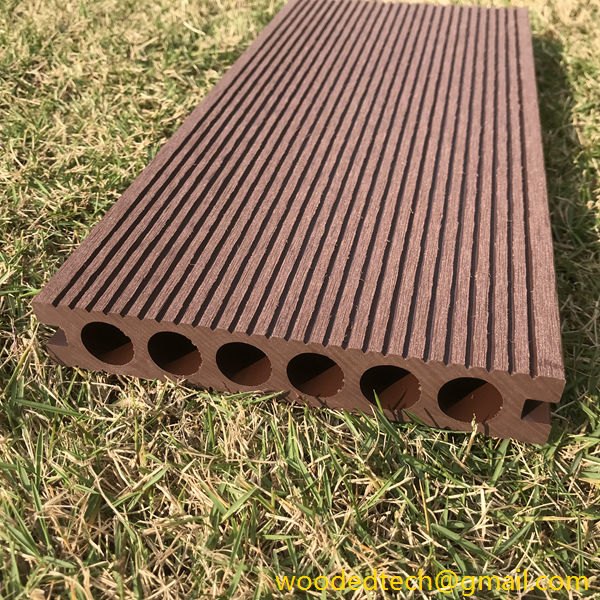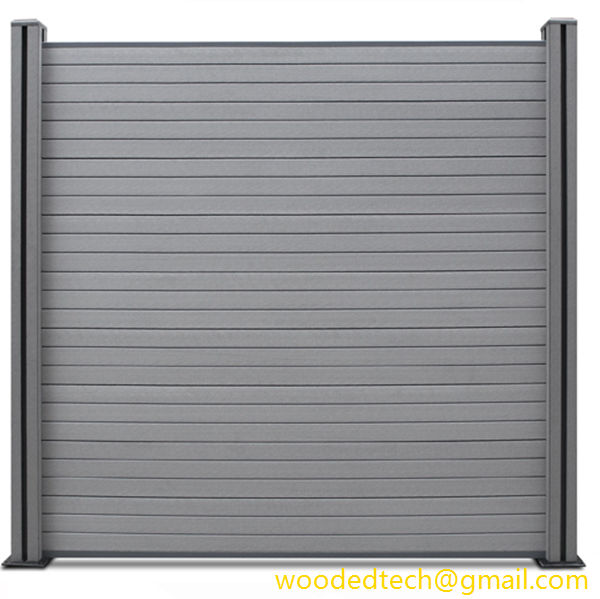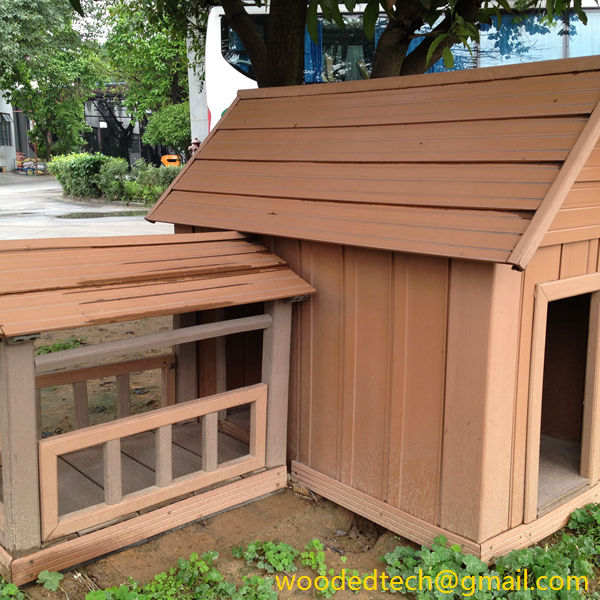Flexibly respond to terrain challenges – Joists for composite decking material selection and application analysis
In the construction process of outdoor flooring, joists play a vital role. They can not only bear the weight of the floor, but also adjust the flatness of the ground and ensure the stability of the floor. With the advancement of technology and the enhancement of people’s environmental awareness, composite decking has gradually become the preferred material for outdoor flooring. The materials of Joists for composite decking that match it are also becoming increasingly rich. Steel joists, aluminum alloy joists, plastic wood joists, antiseptic wood joists, etc. can be selected according to different terrain and environmental requirements. This article will analyze and introduce these joists of different materials in detail to help readers make wise decisions when choosing.
1. Steel joists
Steel joists are a traditional joist material with high load-bearing capacity and stability. Steel joists are an ideal choice in occasions with complex terrain and high load requirements. The following are the advantages and disadvantages of steel joists:

Advantages:
1. Strong bearing capacity, can adapt to places with large terrain changes;
2. Wear-resistant, long service life;
3. Easy to construct and fast installation.
Disadvantages:
1. Heavy weight, high transportation and installation costs;
2. General corrosion resistance, need regular anti-corrosion treatment.
2. Aluminum alloy joists
Aluminum alloy joists are an emerging joists material with the characteristics of light weight, corrosion resistance, and beauty. In outdoor environments, aluminum alloy joists can resist wind and rain erosion well and maintain stable performance. The following are the advantages and disadvantages of aluminum alloy joists:

Advantages:
1. Light weight, easy transportation and installation;
2. Corrosion resistance, long service life;
3. Beautiful and elegant, enhance the overall image of the outdoor environment.
Disadvantages:
1. Relatively weak bearing capacity, suitable for places with relatively flat terrain;
2. High price, relatively high cost.
3. Plastic wood joists
Plastic wood joists are a new type of environmentally friendly material with good environmental performance and practicality. It is made of polyethylene, wood powder and other raw materials after high temperature and high pressure treatment, and has the following advantages and disadvantages:
Advantages:

1. Environmentally friendly and recyclable;
2. Corrosion resistant and adaptable to various environments;
3. Rich colors, beautiful and generous;
4. Good foot feel and high comfort.
Disadvantages:
1. The bearing capacity is relatively weak, suitable for places with relatively flat terrain;
2. The price is relatively high and the cost is relatively high.
4. Anticorrosive wood joists
Anticorrosive wood joists are a kind of specially treated wood with good corrosion resistance. In outdoor environments, anticorrosive wood joists can effectively resist wind and rain erosion and maintain stable performance. The following are the advantages and disadvantages of anticorrosive wood joists:
Advantages:
1. Corrosion resistant and long service life;
2. Moderate price and relatively low cost;
3. Beautiful and natural, close to the natural style.
Disadvantages:
1. The bearing capacity is relatively weak, suitable for places with relatively flat terrain;
2. Special treatment is required during the construction process, and the installation speed is slow.

In summary, when choosing Joists for composite decking, comprehensive consideration should be given to factors such as terrain, environment, and cost. The following are recommendations for joists under different terrains:
1. Complex terrain and high-load places: steel joists are recommended;
2. Relatively flat terrain and beautiful environment: aluminum alloy joists or plastic wood joists are recommended;
3. Places with high environmental protection requirements: plastic wood joists or antiseptic wood joists are recommended;
4. Projects with limited budgets: antiseptic wood joists are recommended.
In short, the reasonable selection of Joists for composite decking materials can not only increase the service life of outdoor floors, but also enhance the overall aesthetic effect, creating a comfortable and environmentally friendly outdoor environment for people.

